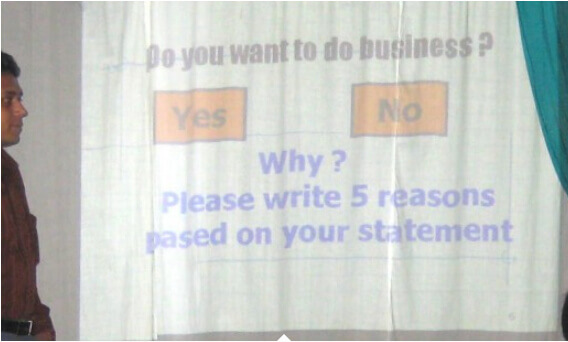The emerging space of mobile-based social networks are empowering customers to find best values and prices, and offering companies unique ways to cater to this new medium. No matter what type of business one runs, it is almost certain that telephone communication plays a vital role in interactions with customers and business partners. The mobile phone has become a part of everyday life for millions of people across the world. Nowadays, the concept of a ‘missed call’ is an indispensable part of telecommunication.
If you thought that the concept of missed call is a purely Indian phenomenon, think again! It is also a very common phenomenon in Africa. There they call it ‘flashing’, and the basic message is ‘call me back.’ Missed calls are used when you call someone you know, you let it ring only once or twice, and then drop the call. This is generally between people who talk regularly and a missed call conveys a pre-set message, especially if it is used for business communication.
Some of us make more missed calls than paid calls. It is often used as a cost-free way of passing a specific signal (like I’ll give a missed call once I reach home). It is not just by individuals- even business houses have started adopting the idea of missed calls.
People who prefer not to spend money on phone calls, use the missed call option in different ways to communicate different messages. For example, a tea vendor takes orders through missed calls. If you require tea at your office close-by the tea shop, or at your own place of business, you must register with the tea shop owner first, and then give a missed call whenever tea is needed. The vendor would see your missed call and send his employee to deliver tea to you. It is a very efficient system in our daily lifves. Different meanings or messages are sent based on the number of missed call rings. For example,if the customer gives two rings, the tea vendor will understand two cups of tea. This way messages can be conveyed between two persons in a cost-free way.
Anudip Foundation has seen some unique implementations by its DREAM entrepreneursabout the utility of giving or receiving missed calls. Some entrepreneurs offer e-ticket booking at their business centers in rural Bengal. The most interesting thing is that a customer, having only fifth grade education or even being illiterate, is quite aware of IT services being offered in his village by the Anudip-incubated entrepreneur. This type of customer, having need of railway reservations, now goes directly to the Anudip entrepreneur in his village, instead of to the city, which is a hundred kilometers away. The customer makes two or three missed calls to the entrepreneur, is called back, and provides his requirements. He is told he will be informed by a missed call as soon as his ticket is booked, and he must later collect his ticket from the business centre.
This is another way that vendor- customer relationships are maintained through missed calls,
